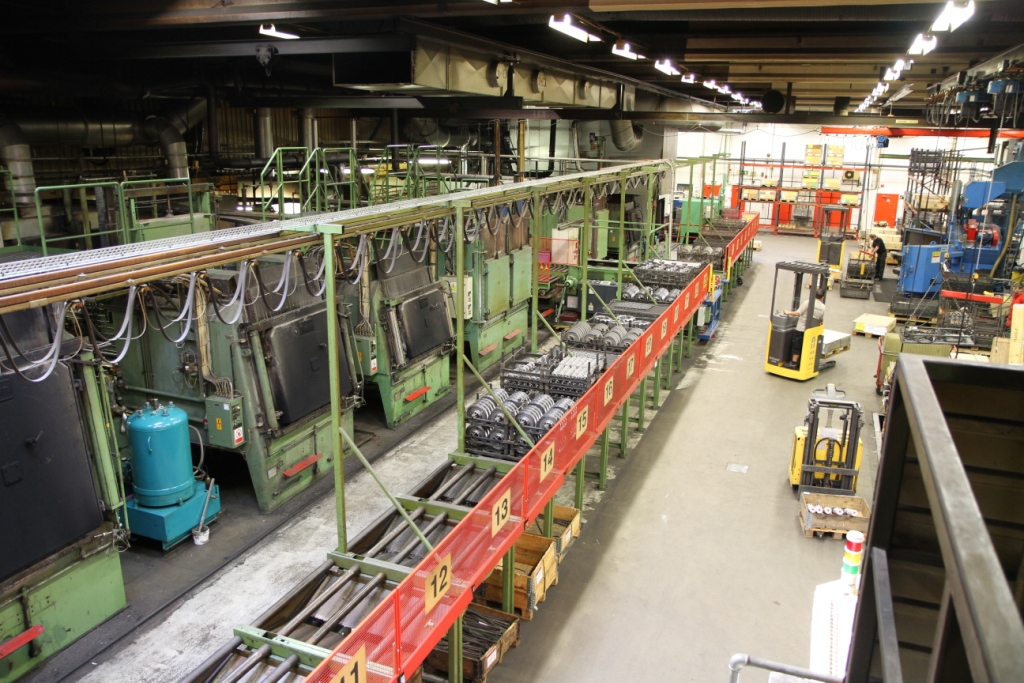Purified water is water that has been mechanically filtered or processed to remove impurities. You can compare the deionized water vs distilled water, but to say that the distilled water is the same as deionized water is a mistake. Deionized Water (We call it DI water in the chemistry labs) is just what it sounds like: Water that has the ions removed.

Tap water is usually full of ions from the . Deionization (DI Water or Demineralization) simply means the removal of ions. Ions are electrically charged atoms or molecules found in water that have . Distilled and deionized water are two forms of purified water used in laboratory research. Here’s an explanation of the differences between them and when to . Tap water may not be appropriate for making some aqueous solutions, but which water is the best choice. Deionizing systems use a mixture of cation and anion exchange resins (usually in a mixed bed).

These resins exchange cations and anions in the source water . Deionized water is absent of all charged ions. For hospitals, biotech companies, pharmaceutical manufacturers, blenders or any other facility . You probably already know that for certain applications, it’s essential to use deionized water instead of tap. Choosing the right water for your cosmetics and lab is confusing – particularly when you can choose between demineralize distilled and deionized water.